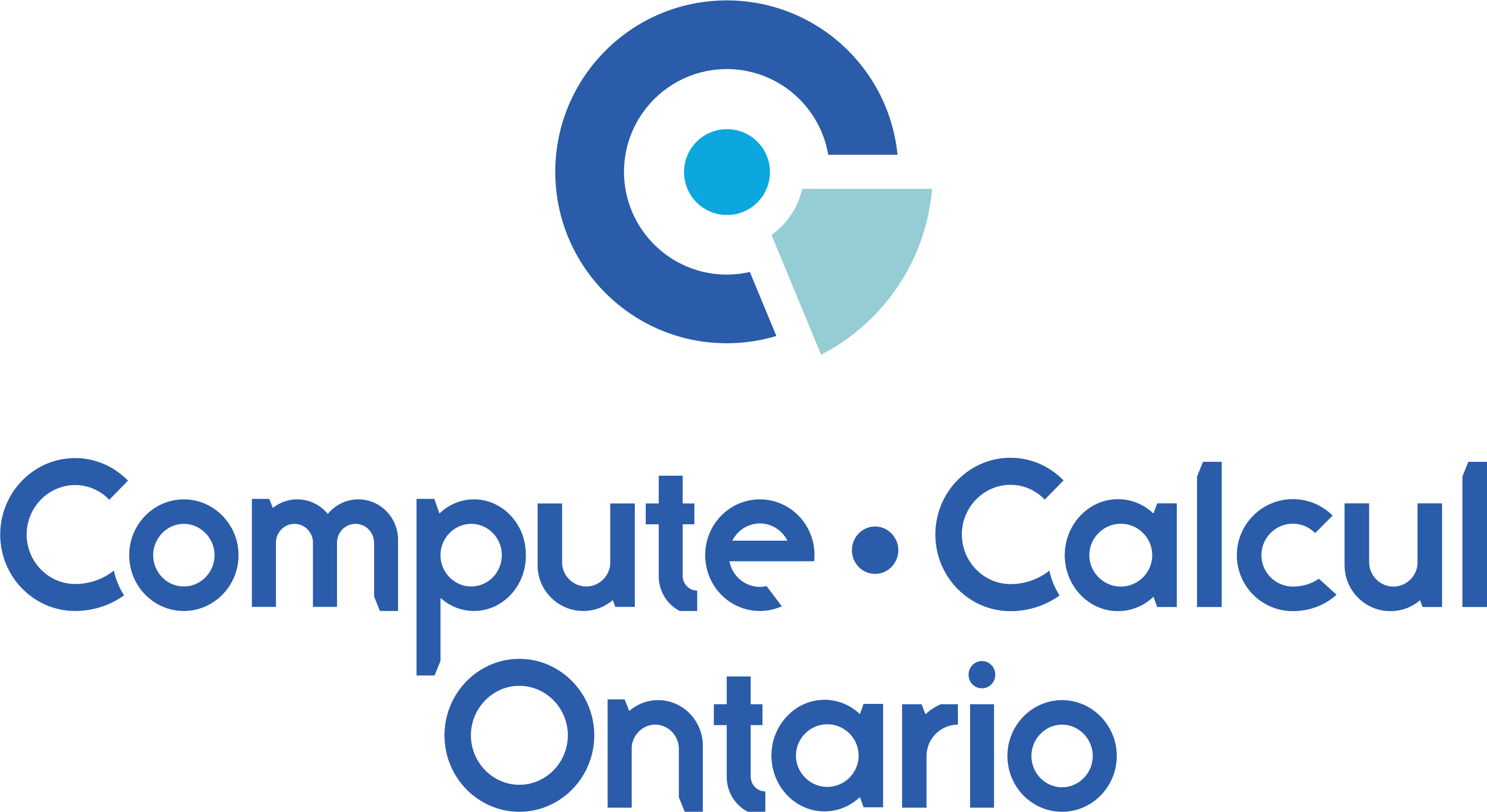PRE and POST production with Octave
Description: It is true that on the General Purpose HPC clusters like Graham the vast majority of production work is executed on the compute nodes via the scheduling environment. That being said, in many cases research requires substantial pre-production work (e.g. data management, procedure prototyping and optimization profiling, etc) as well as post-processing (e.g. more data management, result visualization, etc). This course provides an overview of avenues for interacting with Graham that go beyond using the scheduler from the login nodes. Topics such as using local software on remote files via sshfs mounts, using IDEs and performing visualizations via the Graham Virtual Desktop Infrastructure (VDI) nodes, and interactively profiling the performance of procedures on compute nodes via salloc interactive jobs. While many of these topics generalize across most research computing languages all of the examples in this course (which include visualization, performance profiling [vectorization and parallelization] as well as batch processing, etc.) are performed in GNU Octave.
Instructor: James Desjardins, SHARCNET, Brock University.
Prerequisites: Although no previous experience with Octave is necessary to take part in this course, some previous experience with research computing is helpful. That being said, any attendee familiar with the Software Carpentry Octave/Matlab course material will be able to follow all topics in this course. Attendees are required to bring their own laptops with Octave 4.0.0 (or later) installed
Course materials: TBP.



